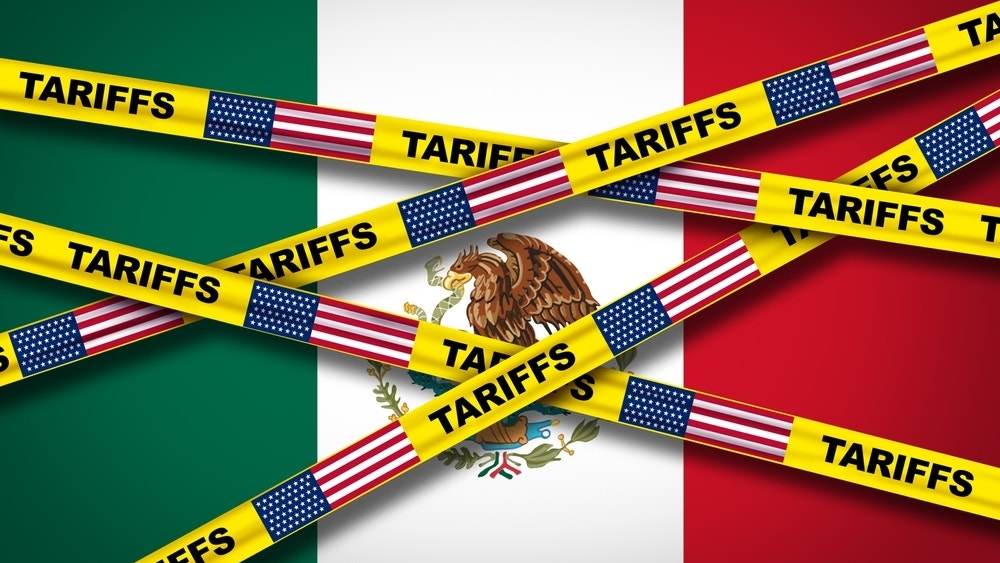Two of the state attorneys general suing to block President Donald Trump‘s attempt to end birthright citizenship told USA TODAY they fear the order will erase funding for children’s health care and education.
Eighteen Democratic state attorneys general sued together in a Massachusetts federal court Tuesday, led by the state attorneys general for New Jersey, Massachusetts, and California.
While the order’s unconstitutionality in the eyes of many legal experts – who say it violates the 14th Amendment – has garnered the most attention, California Attorney General Rob Bonta and New Jersey Attorney General Matthew Platkin are also worried that many U.S.-born children would lose federal funding for programs such as Medicaid.
“It will have an incredible impact on children going forward,” Bonta said.
“For states, it would mean we’d have to absorb costs of providing health care and educational services that are currently, in part, paid for by the federal government,” Platkin said.

Four other Democratic-led states, Washington, Arizona, Illinois, and Oregon, have challenged the order in a separate lawsuit in a Washington state federal court. The judge in that case quickly issued a temporary restraining order blocking the Trump administration from implementing the order Thursday, calling it “blatantly unconstitutional.”
“Obviously, we’ll appeal it,” Trump said Thursday.
“The Department of Justice will vigorously defend President Trump’s (executive order), which correctly interprets the 14th Amendment of the U.S. Constitution. We look forward to presenting a full merits argument to the Court and to the American people, who are desperate to see our Nation’s laws enforced,” a Justice Department spokesperson said in a statement.
The Monday order states that U.S. citizenship isn’t automatic for people born in the U.S. when their biological parents aren’t authorized to be in the U.S. or only have temporary authorization. Starting in about a month, babies born under those conditions won’t get federal documents that recognize U.S. citizenship, such as a passport or Social Security card.
The new definition is “flagrantly unlawful,” according to the lawsuit.
The 18 states point to the Constitution’s 14th Amendment, which states that all people “born or naturalized in the United States, and subject to the jurisdiction thereof, are citizens of the United States.” That means children are U.S. citizens if born in the country regardless of their parents’ immigration status.
“What the president signed is one of the most extraordinary and unprecedented acts by a president to essentially try to rewrite the Constitution,” Platkin told USA TODAY.

Harrison Fields, the White House principal deputy press secretary, said in a statement to USA TODAY, “Radical Leftists can either choose to swim against the tide and reject the overwhelming will of the people, or they can get on board and work with President Trump to advance his wildly popular agenda.”
“These lawsuits are nothing more than an extension of the Left’s resistance – and the Trump Administration is ready to face them in court,” Fields added.
A poll conducted Jan. 9-13 by the AP and the University of Chicago’s NORC Center for Public Affairs Research found that about 51% of Americans opposed changing the Constitution to end birthright citizenship for children whose parents aren’t authorized to be in the U.S., while 28% favored doing so.
Impact on child services
The federal government helps states in providing a range of health and education services to children through programs such as Medicaid and the Children’s Health Insurance Program (CHIP). It reimburses to states between 50 and 75 percent of Medicaid and CHIP expenses for eligible children, according to the lawsuit.
“Not only will (impacted children) be ineligible for many public services to which U.S. citizens and even ‘qualified aliens’ are entitled, but they may be dissuaded from accessing services for which they are eligible based on a ‘fear of deportation and harassment from authorities,'” according to a memorandum filed by the states.
Shelley Lapkoff, a senior demographer at the National Demographics Corporation, a demographics research firm, offered some sense of the scale of Trump’s order in a declaration accompanying the lawsuit. She estimated that 153,000 U.S. births in 2022 – 4% of all births to U.S. residents – were births in which both parents weren’t authorized to be in the United States.
Bonta anticipated 20,000 or more children per year would be affected in California alone, jeopardizing not only their access to government services and programs, but also their future ability to work, to vote, to serve on juries, and to run for certain offices.
“This was an executive order that created damage immediately,” he said.

‘Trampled on the U.S. Constitution’
Another reason the states filed their lawsuit against Trump’s order on birthright citizenship so quickly is that they see their argument as a clear legal winner, according to both Bonta and Platkin.
The attorneys general point to an 1898 Supreme Court decision in United States v. Wong Kim Ark, in which the high court ruled that a San Francisco-born man whose parents were Chinese citizens acquired U.S. citizenship at birth. The court pointed to the 14th Amendment, which was ratified at the end of the Civil War as Congress sought to address the legal status of formerly enslaved people.
The Trump administration appears geared to argue that a specific clause within the 14th Amendment excludes the children of parents who aren’t authorized permanent residents from citizenship. The clause states that birthright citizenship extends to people born in the U.S. and “subject to the jurisdiction thereof.”
Hans von Spakovsky, a senior legal fellow at the conservative Heritage Foundation, has advanced that argument more fully, writing that children whose parents aren’t permanent legal residents in the U.S. are “subject to the political jurisdiction (and allegiance) of the country of their parents.”
“The fact that a tourist or illegal alien is subject to our laws and our courts if they violate our laws does not place them within the political ‘jurisdiction’ of the United States as that phrase was defined by the framers of the 14th Amendment,” according to von Spakovsky.
But the attorneys general say that position is clearly out of step with how courts and presidential administrations have interpreted the 14th Amendment’s citizenship clause for more than a century. In their lawsuit, they argue that the jurisdictional language in the amendment was meant to exclude people who had immunity from local laws, including tribal members and the children of foreign ministers.
“No president has tried to do this since the Civil War, and so I’m confident that the courts will see that this is a flagrant violation of the Constitution and the laws of this nation,” Platkin told USA TODAY.
Trump “has tried to overturn over 125 years of U.S. Supreme Court precedent,” Bonta said. “And so he has clearly violated the law. He’s attacked U.S. citizens. He’s attacked children. He’s trampled on the U.S. Constitution.”


